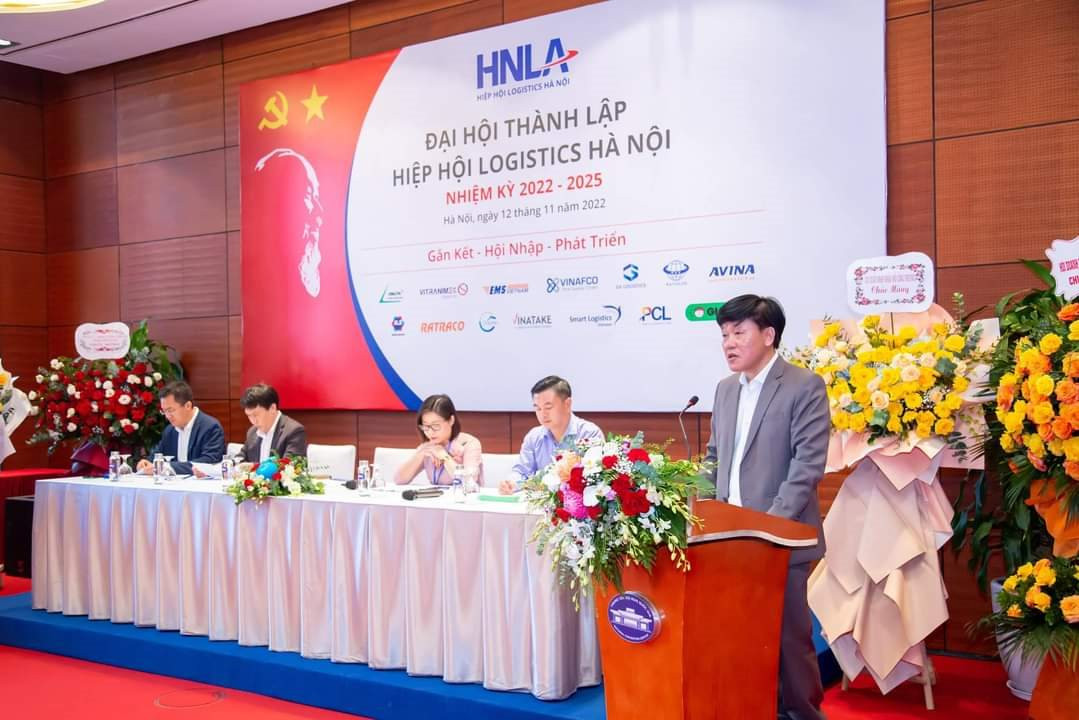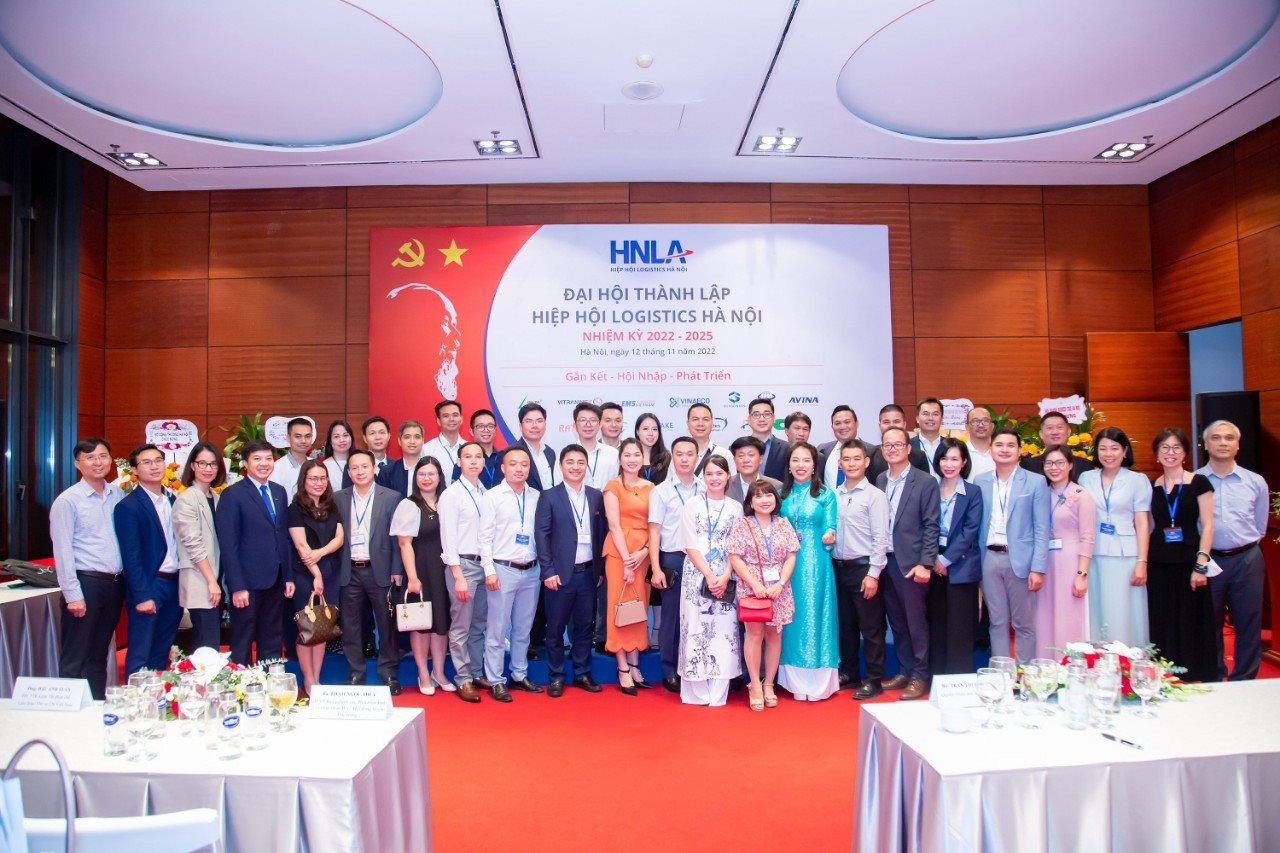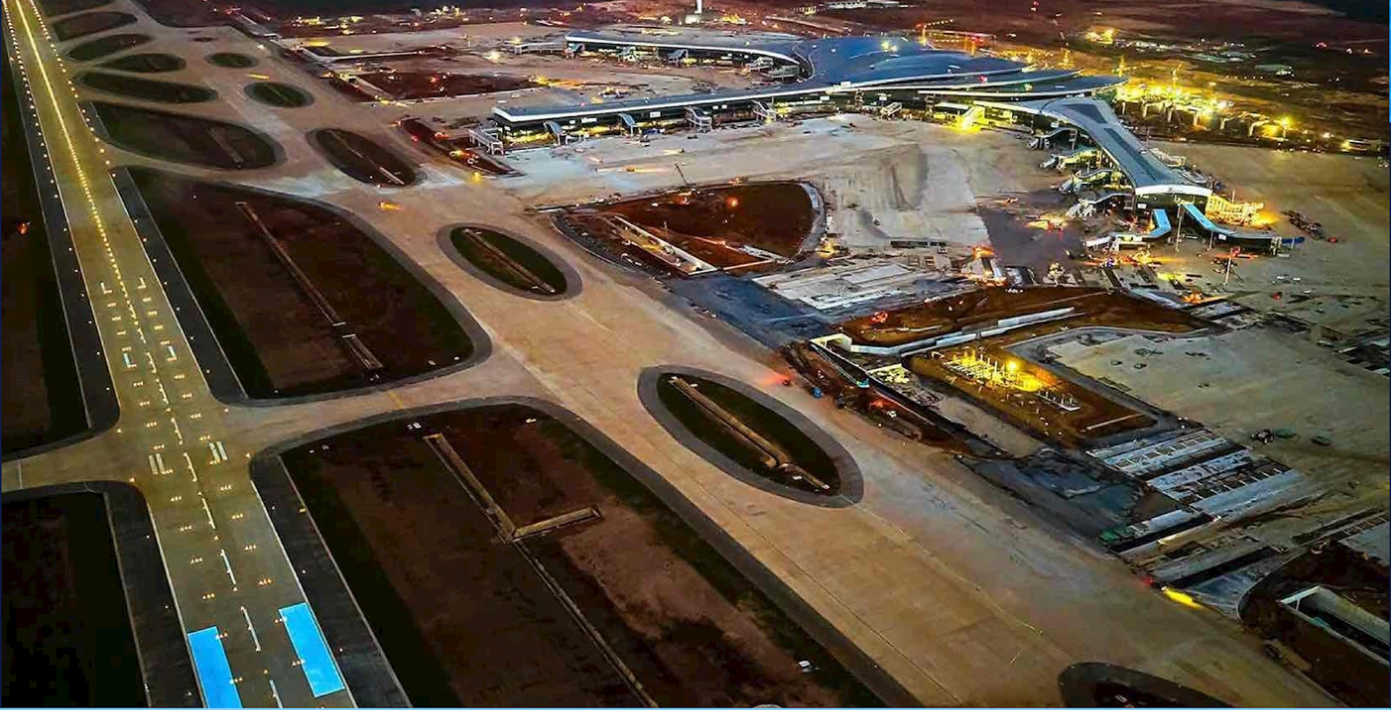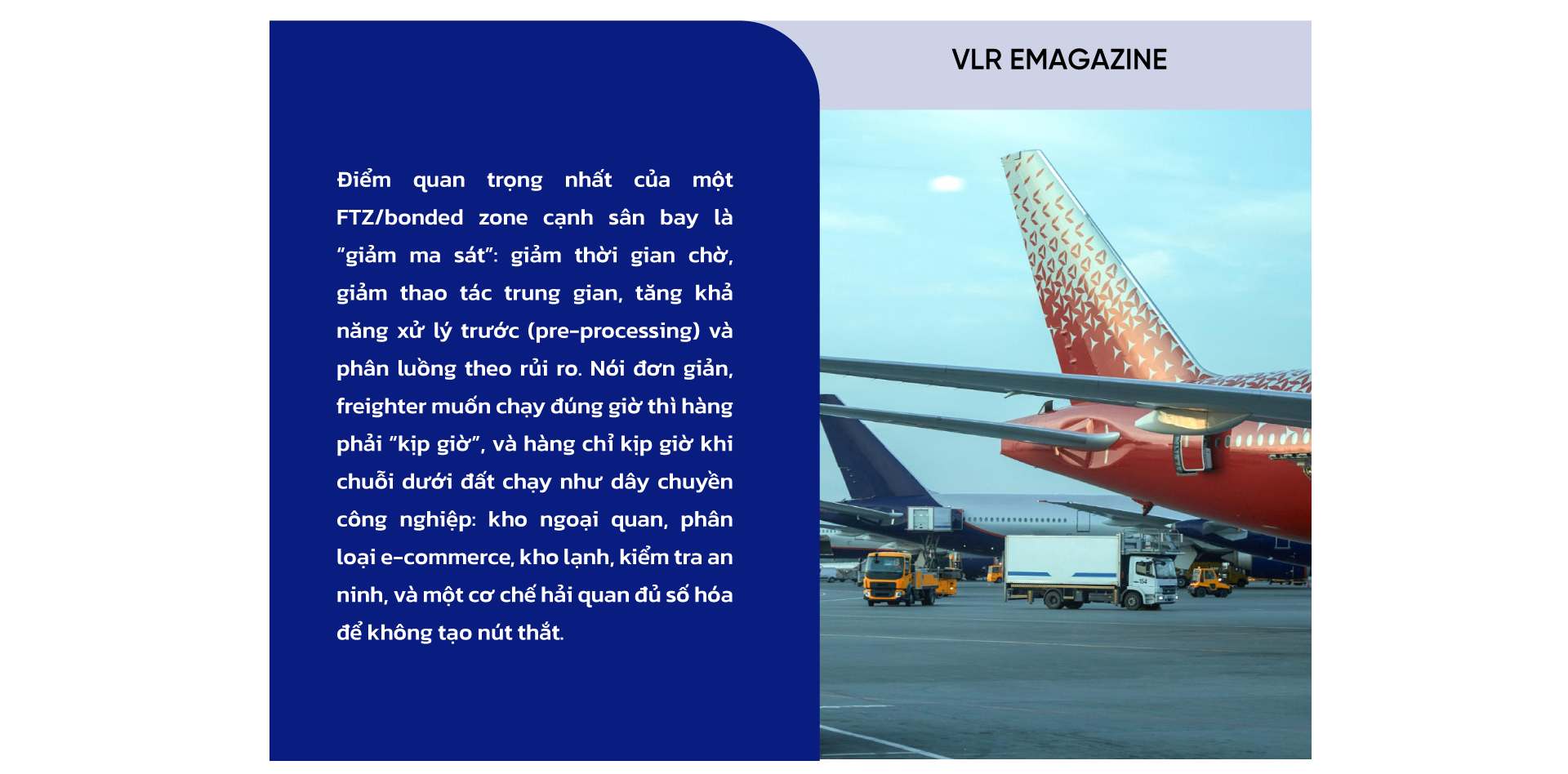On November 12, Hanoi Logistics Association (HNLA) was officially established and launched. Mr. Tran Duc Nghia, Director of Delta International Joint Stock Company was elected as Chairman of the Association for the term 2022-2025.

The Executive Board of Hanoi Logistics Association consists of 16 members, including Chairman Tran Duc Nghia and 4 Vice Presidents, Mr. Vu Duy Nguyen (Deputy Head of Tax and Customs Department, Academy of Finance), Mr. Nguyen Xuan Hung (Deputy Vice President of Railway Transport and Trade Joint Stock Company), Mr. Trieu Van Bang (Deputy General Director of International Investment and Trade Services Joint Stock Company) and Ms. Pham Thi Lan Huong, General Director of Vinafco Joint Stock Company is Vice Chairman cum General Secretary of HNLA.

Addressing the assignment, Chairman of Hanoi Logistics Association Tran Duc Nghia pledged to build and strengthen the cohesion among members, integrate with logistics activities nationwide and internationally to develop together properly. As the slogan of the Congress today is "Cohesion - Integration - Development".
“With the potential and advantages of Hanoi, we believe that logistics activities will make an important contribution to building a richer and more beautiful capital. This will be the goal that all members and the Executive Board of the Hanoi Logistics Association, which was elected today, will strive to strive for, "emphasized HNLA Chairman Tran Duc Nghia.
Delivering a welcome speech, Mr. Tran Thanh Hai, Deputy Director of Agency of Foreign Trade, Ministry of Industry and Trade emphasized the importance of developing logistics human resources, considering this as the key to helping Hanoi's logistics enterprises integration and development not only in the Vietnamese market but also reaching out to the world market.

Previously, in the application for the establishment of the Hanoi Logistics Association to the Hanoi Department of Home Affairs, businesses recognized their role in improving logistics costs ...
Especially, from the perspective of those who have been practicing logistics for many years in the capital, logistics businesses believe that Hanoi needs to promote its role as the logistics hub of the northern provinces.
In which, the most important thing is to promote the connection of various types of logistics activities, multi-modal transport, planning and building logistics centers at national and regional levels, linking businesses to promote the development of logistics development of logistics services in the capital, contributing to the development of the logistics industry in the country.
“Hanoi Logistics Association wishes to act as a bridge between the City Government and the ongoing logistics activities in the area, advising and criticizing policies related to the development of logistics activities in the capital area, in accordance with the Association's principles and purposes", Hanoi logistics enterprises agreed in the previous application for establishment.











